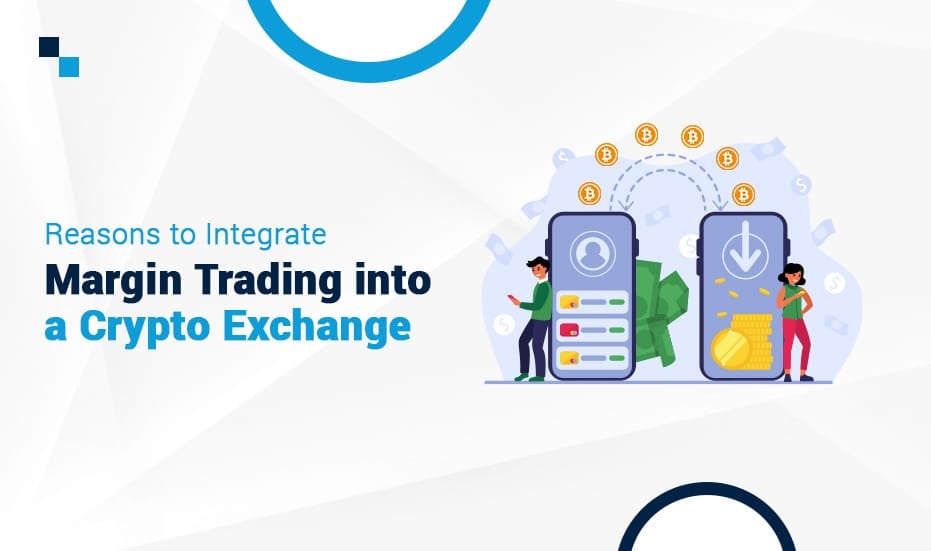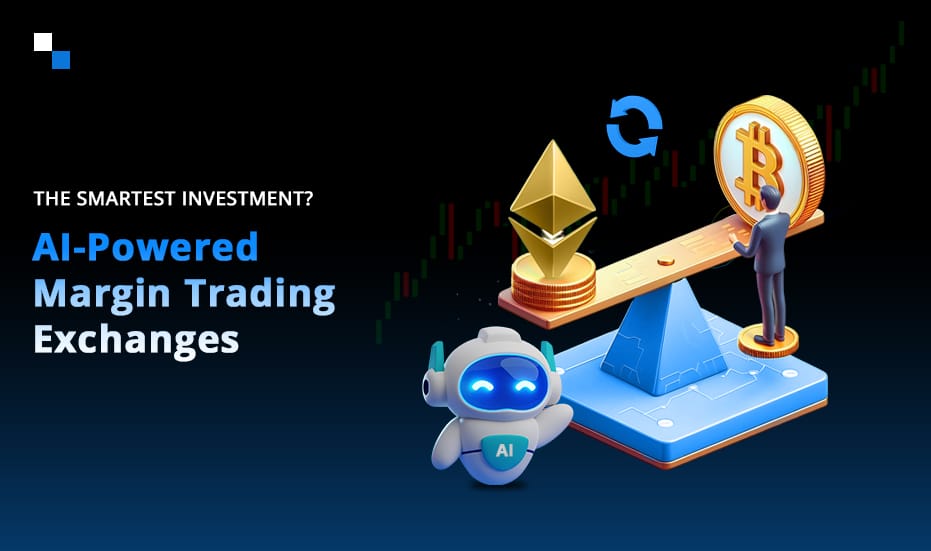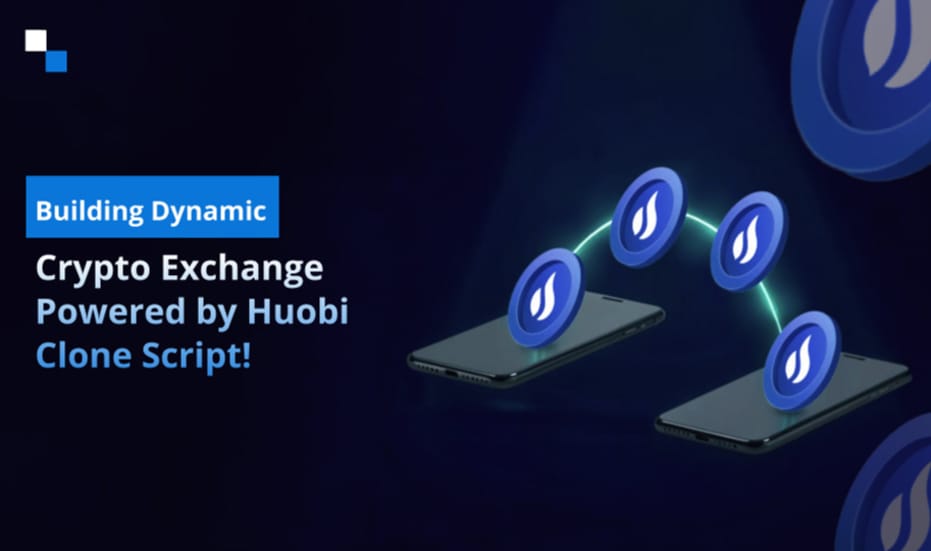Margin trading proved to be the most dominant trend among cryptocurrency exchanges in the year 2019. Exchanges like Binance and Kucoin dove into the margin trading trend in 2019 and continued to garner traders’ attention. Put simply, a crypto exchange with leverage adds thrill to cryptocurrency trading. It allows traders to borrow capital and increase their buying power. With this increased buying power, the traders can open positions about 2-100x of their actual holding.
Margin trading offers both traders and exchange owners a number of compelling advantages and that is why 2019 saw this margin trading rush.
For traders, it is a practice that allows them to gain greater exposure to a specific asset by multiplying their positions. For example, if a margin trader is able to open a trade with 100X leverage, his chances of earning profit also increase by 100 times. However, margin trading also increases the traders’ risk.
Crypto exchange with margin trading – What do the exchange owners gain?
Crypto margin trading is not as complicated as it sounds. As a matter of fact, it offers exchanges an opportunity to cut through the competition and place themselves uniquely in the market. However, this is not the only reason for an exchange to incorporate margin trading services. Here are a few more:
- Higher trading volume
By now it is a well-established fact that cryptocurrency is a volatile market. When the market is bearish, the trading volume on cryptocurrency exchanges falls drastically because these are the times when traders wish to hold the assets. However, on a crypto leverage trading exchange, the traders can make big profits in both bear and bull markets. By employing the right margin trading strategies, the traders can make profits even when the market is bearish. Thus, a crypto exchange with margin trading is expected to enjoy healthy trade volumes always.
- Reduced threat of hacking
In a leveraged trade, the capital held by an exchange is less than the actual trade. Thus, it minimizes the threat presented by exchange hacks.
- Amplified gains
Margin trading allows traders to execute complex and active trading strategies. Such trades amplify the trader’s gains and indirectly increase the gains of the margin trading exchange too as compared to a spot trading exchange.
- Fees and interest
Exchanges do not provide margin trading services for free. When a trader opens a leveraged position, he pays interest for the capital he borrows from the exchange.
For a new trader or margin exchange operator, the territory might seem a bit complicated. Here is the simplest possible way to understand how a margin trader and crypto leverage trading exchange engage.
- Different margins
For a trader to start margin trading on an exchange, he is required to provide an initial deposit. This deposit is used to open a position. In order to maintain this position, the trader must hold the maintenance margin amount in his account.
- Collateral
As a crypto leverage trading exchange, you ask a trader to deposit a minimum amount of capital. This capital is used as collateral and it acts as a safety net for the exchange.
- Leverage
Different cryptocurrency exchanges offer different amounts of leverage. Some exchanges offer 200X leverage while others limit it to 20X or 50X. The amount of leverage you plan to offer the traders needs to be strategized to maximize your profits, stay in the competition, and protect you against losses.
How does it work?
A crypto leverage exchange offers traders an opportunity to choose between going long or short. If a position gets closed successfully, as an exchange, you are required to release the initial deposit and the profits to the trader. In case there is a loss in the trade, the exchange must automatically close the trade and liquidate a trader’s position.
The crypto leverage trading exchange also needs to have certain controls in place to minimize the risks. For example, if the market moves against the traders, you must ask the trader for additional collateral in case he wants to hold his position. An exchange can hit the trader with a margin call. In case the position becomes too risky, the exchange must liquidate the position. As a crypto margin trading exchange, you must educate your traders to progressively increase the trade size, offer demo trading opportunities, understand order types, and divide their positions.
Undoubtedly, margin trading is a high-risk investment strategy. However, with the right platform and strategy, both the exchange and the trader can make the most.
If you are planning to build a crypto exchange with margin trading, Antier Solutions can help. We provide customized solutions to build a margin trading exchange from the ground up, and at the same time, we can integrate a margin trading module into your existing crypto exchange.
Connect with our subject matter experts to share your business needs.





